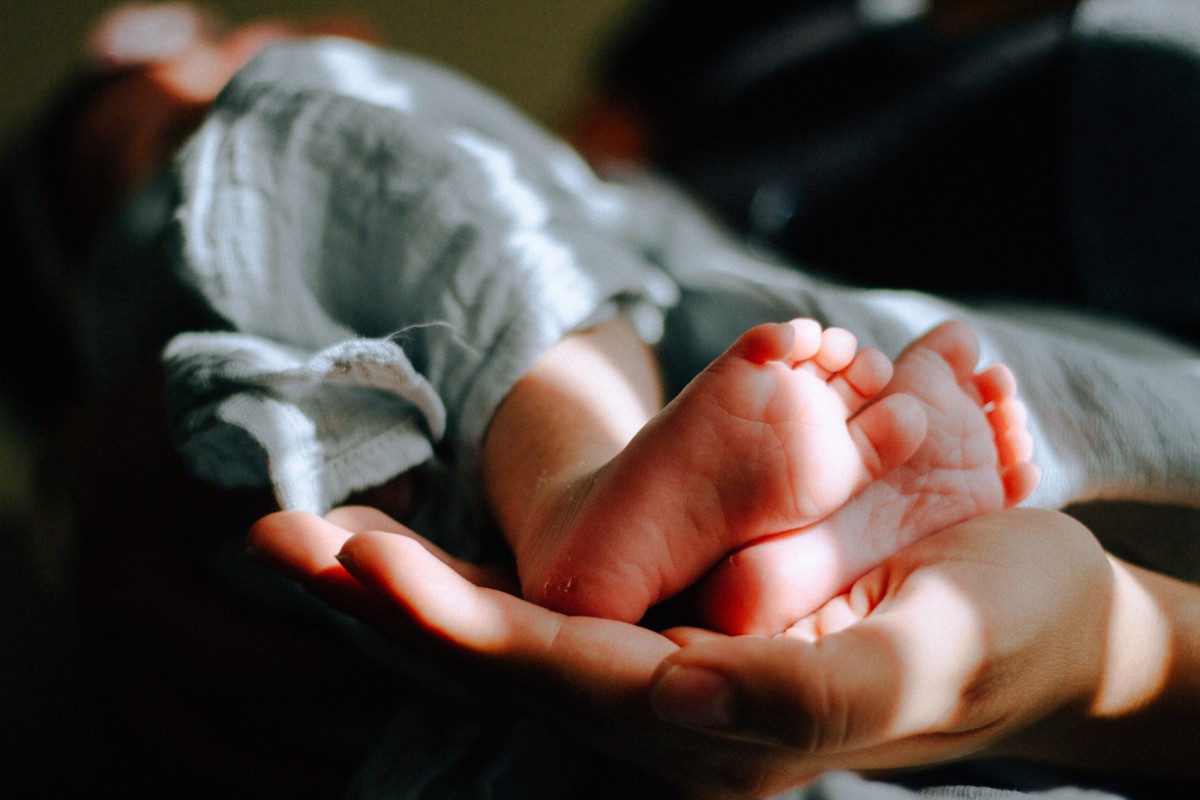
Maternity leave in Portugal is due to be extended to 12 months paid leave at full pay, if a law is passed after a discussion in the Assembly of the Republic (AR), following a petition that was signed by 21,038 people. This new regulation would safeguard maternity provisions for those who do not want to take or cannot take one whole year off work, even if the current parental leave period continues to exist.
On the other hand, the petitioners defend that this longer period can only be used by those who have at least three years of benefits saved up, since they understand "the cost that this measure may bring", regardless of whether it is the father or the mother taking the parental leave.
The petitioners point out that the World Health Organization (WHO) says babies should be breastfed up until they are two years old, and fed exclusively on milk until they are six months old, which is not possible with the current periods of leave allowed to people working in Portugal by the Portuguese Social Security Institute (Instituto de Segurança Social or ISS), since "it is necessary to make the baby eat solid food much earlier".
Currently, the ISS in Portugal pays family leave at 100% pay for 120 days (four months), or 150 days (five months) if the 120-day leave is shared between mother and father, in which case there are an additional 30 days of leave to be taken by the father.
Also paid at full pay are the 60 extra days parents are owed if they give birth to twins. There are 30 days for each twin. This is in addition to the normal amount of leave, and the days of paternity leave that can only be taken by the father.
There are also another 150 days' leave that parents can take which are paid at 80% of the monthly salary if only one parent takes it, and at 83% if it is shared between the two of them, in which case it increases to 180 days and 30 of those days must obligatorily be taken by the father, not the mother.
The signatories of the petition to increase parental leave in Portugal also argue that the hours provided for breastfeeding, which is currently set at two hours a day, should be extended at least until the child's third birthday, "without penalties for the parent".
On the same day of the discussion of this petition in the AR plenary, the People-Animals-Nature political party (Pessoas-Animais-Natureza or PAN) presented a bill for extending parental leave when babies are born premature in Portugal.
"We consider that parents with premature children should be entitled to an extended initial parental leave, and that the days of hospitalisation of the child should be added to the period of initial parental leave and be paid at 100%," argues the party, justifying that "when the child is discharged, a large part of the period of parental leave to which the parents are entitled has already elapsed."